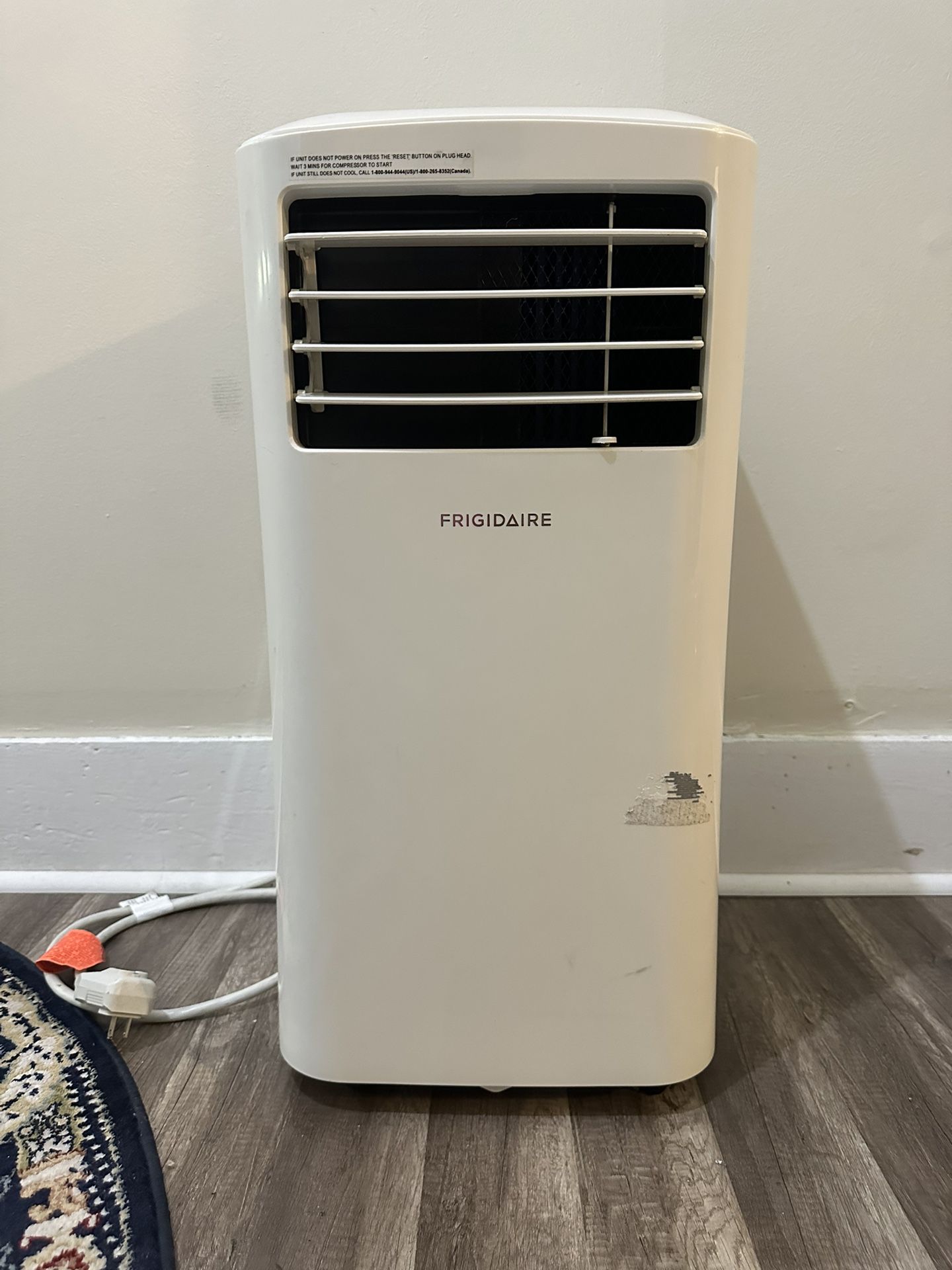Portable air conditioners have surged in popularity owing to their convenience and flexibility. Among the leading brands, DeLonghi stands out with its range of efficient units. However, a common query users often grapple with is about draining these devices. Let’s explore whether—and when—you need to drain your DeLonghi portable air conditioner.
Understanding Portable Air Conditioner’s Functionality
To make an informed decision about draining your unit, it’s crucial to first understand its operation. Most portable AC units, including DeLonghi’s models, employ a refrigeration cycle to cool air. In this process, moisture is extracted from the air, which condenses into water.
- Self-evaporative Systems: Some DeLonghi units use a self-evaporative system, which means they automatically evaporate most or all the moisture they collect. This reduces the frequency of manual draining. As highlighted in this research on evaporative coolers, such systems are designed to be more efficient and user-friendly.
- Standard Condensation Collection: Other models might collect this condensation in a tray or tank inside the unit, which requires periodic draining.
When Should I Drain My DeLonghi Portable AC?
Your unit’s need for draining largely depends on its design and the humidity levels in your location:
- Check the Indicator: Many DeLonghi models are equipped with a water level indicator, which will notify you when the internal tank is full. Draining is needed when this alert is active.
- High Humidity Environments: If you live in an area with high humidity, chances are you’ll need to drain the unit more frequently, as more moisture will be condensed from the air. According to a humidity impact study, in areas with high relative humidity, portable air conditioners can accumulate water rapidly.
- Continuous Drain Option: Some DeLonghi models offer a continuous drain feature, where water can be continuously expelled through a hose, negating the need for manual draining. It’s a convenient feature, especially for those in very humid areas.
How To Drain Your DeLonghi Portable AC
Draining most DeLonghi units is straightforward:
- Turn Off and Unplug: Always ensure the unit is powered off and unplugged before you begin the draining process.
- Locate the Drain Plug: Usually found at the back or bottom of the unit, as per DeLonghi’s user manuals.
- Place a Tray or Pan: Position a tray or shallow pan beneath the drain plug to catch the water.
- Remove the Plug: Open the drain plug and allow water to flow out.
- Replug and Restart: Once drained, securely close the drain plug and restart your unit.
Conclusion
Regular maintenance, including periodic draining when needed, ensures that your DeLonghi portable air conditioner operates efficiently. By understanding your unit’s specific features and being mindful of environmental factors, you can optimize its performance and prolong its lifespan.
Frequently Asked Questions (FAQs)
Q: Can I leave my DeLonghi AC running when I’m not at home? A: While it’s generally safe, it’s recommended to be present initially after cleaning or draining to ensure there aren’t any leaks. Check DeLonghi’s safety guidelines for more details.
Q: How often should I check the water level? A: In humid environments, it’s a good practice to check every few days. In drier areas, checking weekly or bi-weekly should suffice.
Q: Does draining my AC improve its efficiency?
A: Yes. Ensuring the water does not over-accumulate prevents potential malfunctions and maintains the unit’s cooling efficiency, as detailed in this AC maintenance study.
Zeeshan is a seasoned tech expert and senior writer at Teckrr.com. With over 10 years of experience in tech journalism, he brings insightful analysis and up-to-date information on the latest tech trends. Zeeshan holds a MBA degree from Business and Tech University and is known for his engaging writing style and ability to demystify complex tech topics. Stay connected with the cutting-edge of technology through his expert lens.

Leave a Reply